Chinese military vessels conducting daily drills near Taiwan Strait: Army
A fleet of Chinese warships has been carrying out combat exercises in waters near the Taiwan Strait on a daily basis for more than a week, much to the dissent of self-ruled Taiwan, which is claimed by China as part of its territory, amid heightened tension between Beijing and the island state.
Since June 17, a formation of navy ships, including a Type 054A frigate and a Type 052C destroyer, have been holding military drills in the vicinity of Taiwan, including in the Bashi Channel and the Taiwan Strait, said the 81.cn, the official military news website of the Chinese Armed Forces, in a report on Tuesday.
“The drills tested the military and training abilities of warship, aviation and coastal defense troops, via organizing real combat training in multiple areas of the ocean,” it added, without saying whether the exercises had ended.
Meanwhile, Taiwan’s Defense Ministry said in a statement the Chinese military vessels were monitored continuously and there was no cause for alarm.
Earlier this month, Taiwan’s military also conducted a series of military exercises on the island. The drills, held annually under the name of Han Kuang, were carried out in the central city of Taichung. Taipei said at the time that the war games simulated repelling the Chinese People’s Liberation Army (PLA) forces and civilian-operated drones were used for the first time during the drills.
Taiwanese President Tsai Ing-wen, who has anti-China inclinations and who presided over the drills, said at the time that as long as Taiwanese armed forces were around, Taiwan would “surely” be around.
China and Taiwan separated during a civil war in 1949, and Beijing pursues reunification ever since, and Chinese officials have never renounced the use of force to bring under China’s control what it sees as a wayward province.
China claims sovereignty over Taiwan, and almost all world countries recognize that sovereignty under a policy known as “One China.”
Beijing-Taipei ties have particularly been strained since Tsai took office in 2016, as she declines to acknowledge that both sides are part of “One China.”
The United States has no diplomatic relations with Taiwan, but maintains military ties with it, forwarding advanced military hardware to the island state. Washington, too, follows the “One China” policy, but it has flirted with the idea of recognizing Taiwan as independent.

Additionally on Tuesday, US Defense Secretary Jim Mattis arrived at Beijing, becoming the first Pentagon chief to visit China since 2014, commencing his three-day visit with the aim of improving security dialogue with Beijing.
Sino-US relations are under increasing pressure over burgeoning trade friction, the North Korean nuclear crisis and Washington’s escalating activity in the disputed waterway of the South China Sea, which is almost fully claimed by China.
"I want to go in, right now, without basically poisoning the well at this point, as if my mind’s already made up,” said Mattis, who was due to meet US embassy officials on Tuesday, adding, “I’m going there to have a conversation.”
Meanwhile, Chinese Foreign Ministry spokesman Lu Kang said at a press conference that military-to-military ties had always been a significant part of Beijing’s relations with Washington, despite other problems the two countries currently have.
“I believe that as long as both countries have this desire to meet each other halfway, there are no difficulties that cannot be overcome,” Lu said.
China is particularly suspicious of the United States' intentions toward Taiwan, which is a core concern of Beijing when it comes to relations with Washington.
US President Donald Trump has in particular been playing up the Taiwan card against China. In March, he signed new rules that would allow senior US officials to travel to Taiwan to meet their Taiwanese counterparts and vice versa. The move infuriated Beijing at the time.
South Korea’s parliament impeaches acting President Han Duck-soo
Iran FM in China for 'more consultations' amid 'sensitive' circumstances
VIDEO | Israel, worried about ...
VIDEO | Press TV's news headlines
Settler fatally stabbed; five Israeli soldiers killed, injured in Jabalia
Rampant poverty in Israel and implications
UN chief: Israel strikes on Sana'a airport, power plants 'alarming'
Yemenis rally in massive numbers for Gazans after Israeli strikes


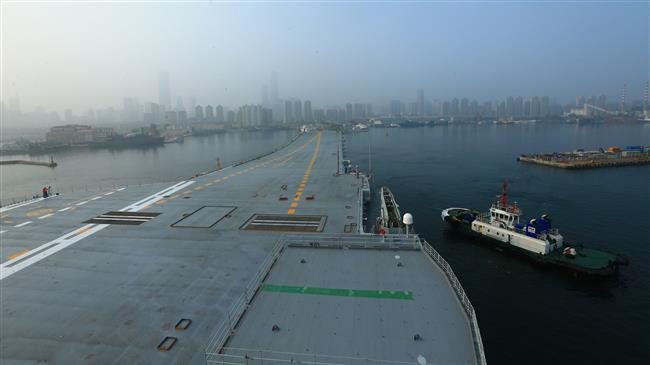

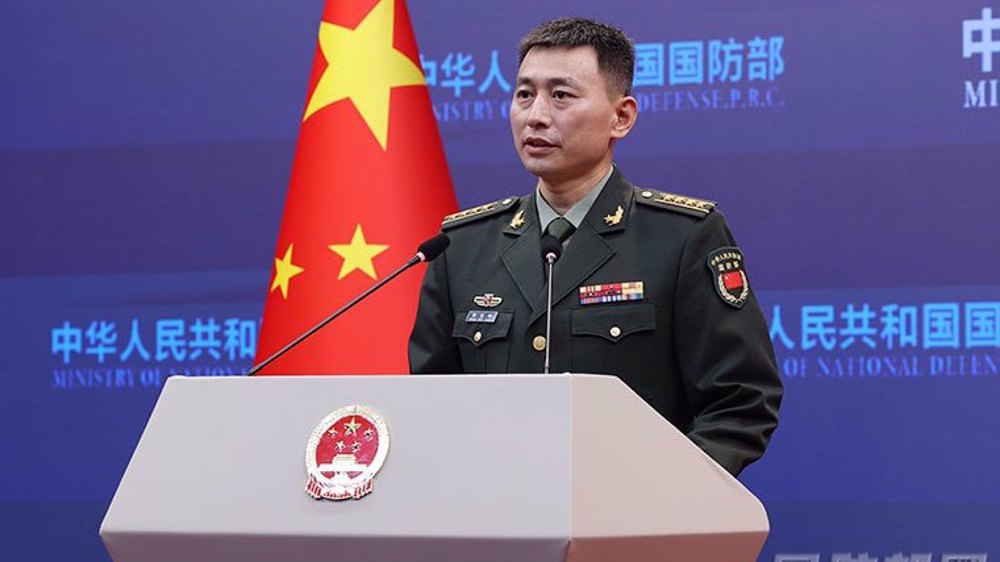
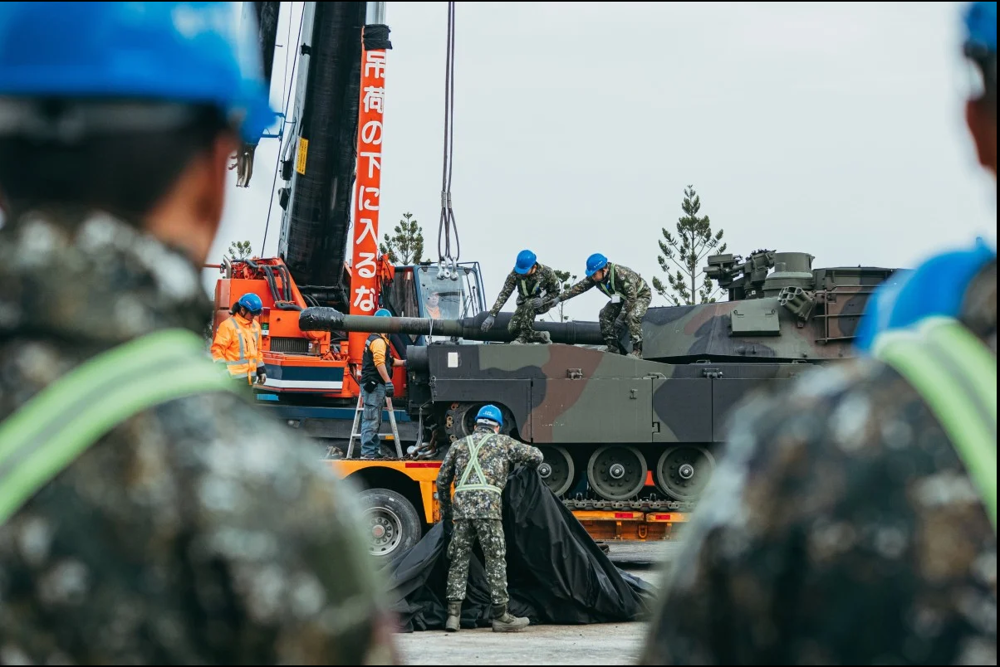





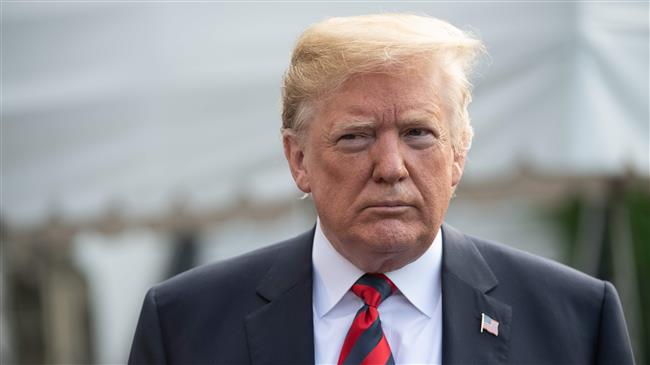
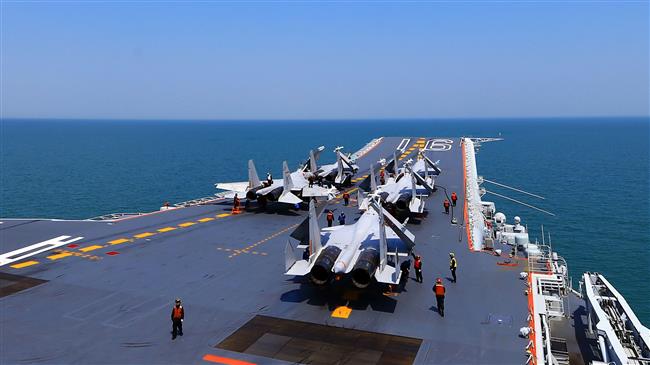
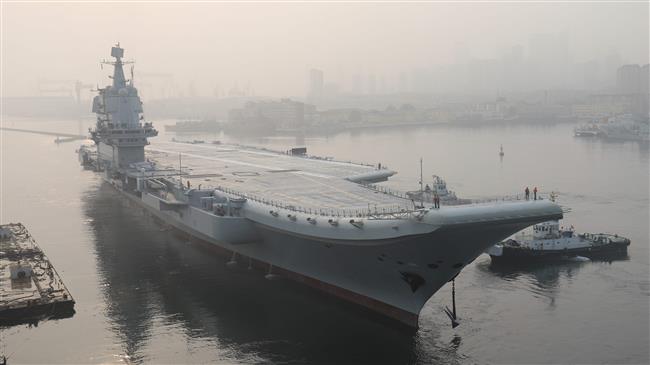
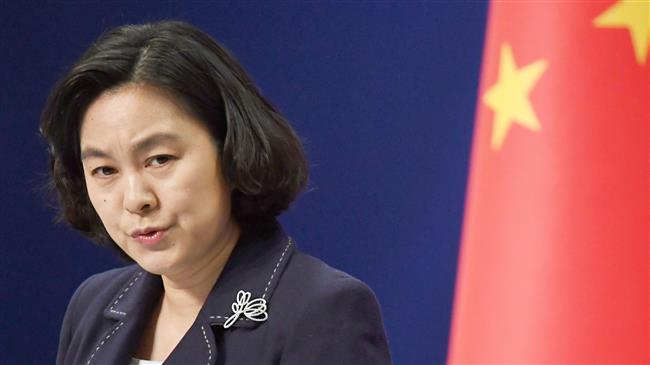
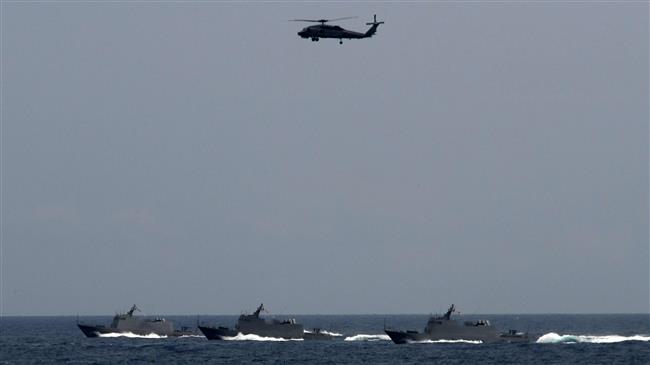

 This makes it easy to access the Press TV website
This makes it easy to access the Press TV website